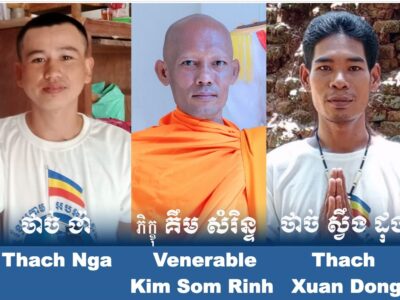Over the past five decades Nepal’s Indigenous peoples have suffered a litany of human rights violations including torture and unlawful killings, wrote Amnesty International and the Community Self-Reliance Centre (CSRC) on a report – “Violations in the Name of Conservation”-. The report shows how indigenous peoples are forced to leave their ancestral lands and are denied access to protected areas they depend on as a result of abusive conservation policies.








Comments